The Centre is named after Sir John Randall, Wheatstone Professor of Physics at King’s who set up and became first Director of the Medical Research Council Biophysics Research Unit. Randall had earlier developed the cavity magnetron in collaboration with Harry Boot while at Birmingham University, which vastly improved radar and was key to winning the Second World War.
The Randall Centre is the current incarnation of Biophysics at King’s. The story of King’s Biophysics began after the Second World War, when Randall wanted to apply the rigorous approaches of physics to biological unknowns, perhaps influenced by Schrödinger’s little book ‘What is Life?’
During his time as Director, experimental work was carried out by Rosalind Franklin, Raymond Gosling, Maurice Wilkins, Alex Stokes and Herbert Wilson which helped determine the structure of DNA.
Photograph 51
Photograph 51 is the name given to the X-ray diffraction image of DNA taken by Raymond Gosling and Rosalind Franklin in 1952. Using a moistened sample of DNA drawn into a fibre, and an X-ray camera filled with hydrogen to reduce background scattering, they obtained a series of diffraction patterns; Photograph 51 provided the clearest indication of a helical structure.
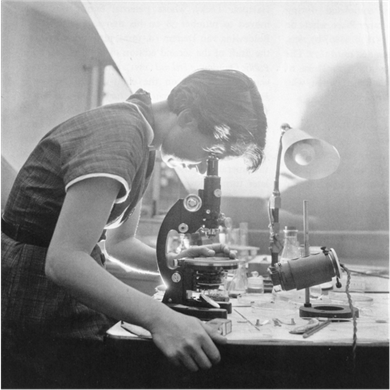
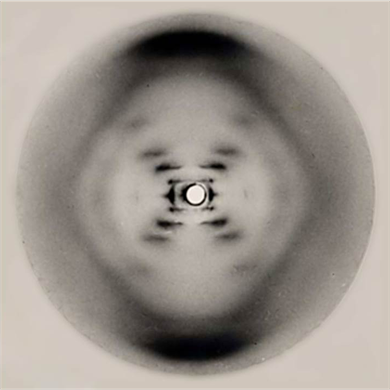
This photograph and other observations made by Franklin enabled James Watson and Francis Crick to build a model of the double-helical structure of DNA, for which they won a Nobel Prize in 1962 together with Maurice Wilkins.
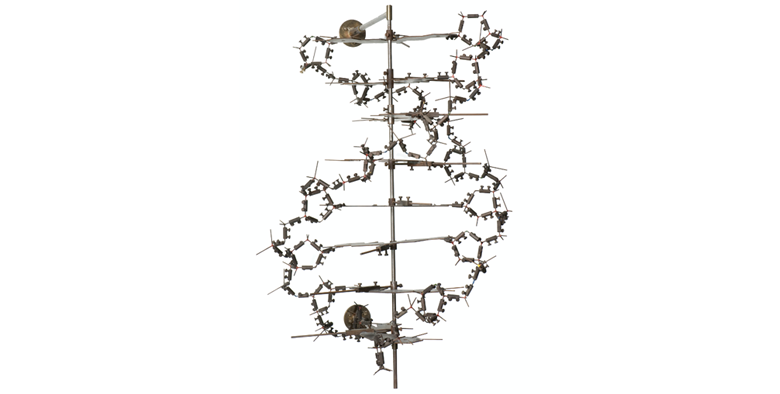
First detailed model of DNA built by Maurice Wilkins in June 1953
The Centre in the 21st century
X-ray diffraction studies, including work on muscle biophysics, continue at The Randall Centre, which now hosts other state-of-the-art imaging facilities allowing researchers to carry out cutting-edge science, including the Microscopy Innovation Centre, the Nuclear Magnetic Resonance Facility and the Nikon Imaging Centre.
Notable Alumni
Since its inception, the Randall has had the privilege to host many great scientists who have made major contributions to not just the Randall's history, but the history of science. Learn more about their achievements and lives.
-
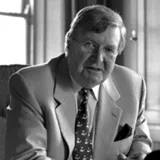
Professor of Molecular Biology
-
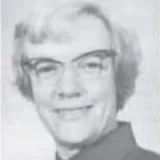
Professor of Chemical Engineering
-
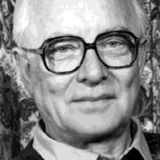
Professor of Anatomy
-
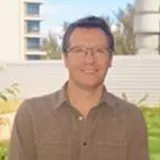
Professor of Orthopaedic Surgery
-
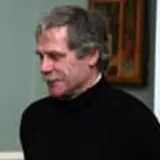
Emeritus Professor
-
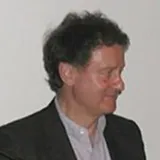
Emeritus Professor
-
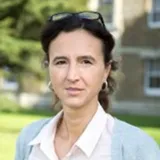
Senior Lecturer
-

Professor of Botany
-
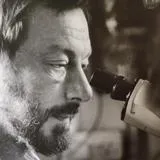
Emeritus Professor of Cell Biophysics
-
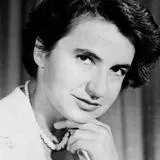
Biophysicist
-
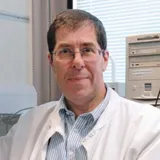
Professor of Biophysics and Anaesthetics
-

Visiting Professor in Bioinformatics & Computational Biology
-
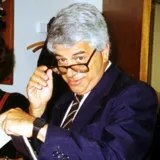
Professor of Biophysical Chemistry
-
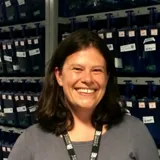
Associate Professor in Developmental Genetics
-
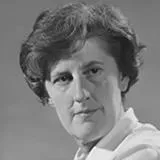
Professor of Biology
-
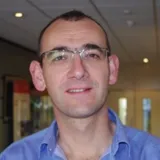
Senior Vice President & Head of Discovery Science
-
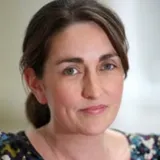
Lecturer in Biomedical Sciences
-

Professor of Translational Cancer Immunology and Immunotherapy
-
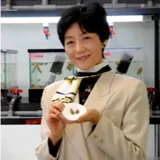
Emeritus Professor
-
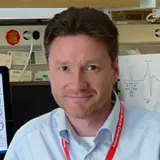
Associate Professor of Biomedicine
-

Professor and Anniversary Chair of Biological Physics
-
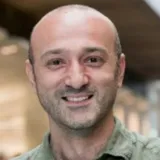
Senior Research Manager
-
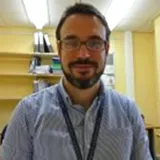
Senior Lecturer
-
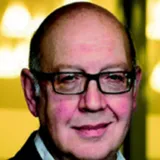
Emeritus Professor and CRUK Professorial Fellow
-

Professor
-
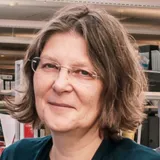
Professor of Cell Biology
-
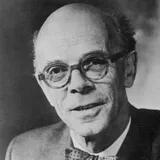
Emeritus Professor of Biophysics
-
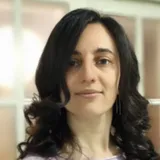
Group Leader in CryoEM
-

Visiting Professor of Cell Biology
-
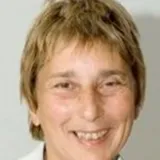
Bernal Professor of Structural Biology
-

Professor of Cancer Cell Biology
-
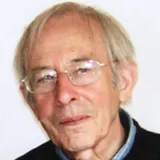
Professor of Biophysics
-
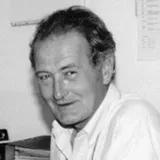
Vice-President of the Rockefeller University
-

Associate Dean for Doctoral Studies
-
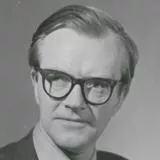
Nobel Prize in Physiology or Medicine 1962